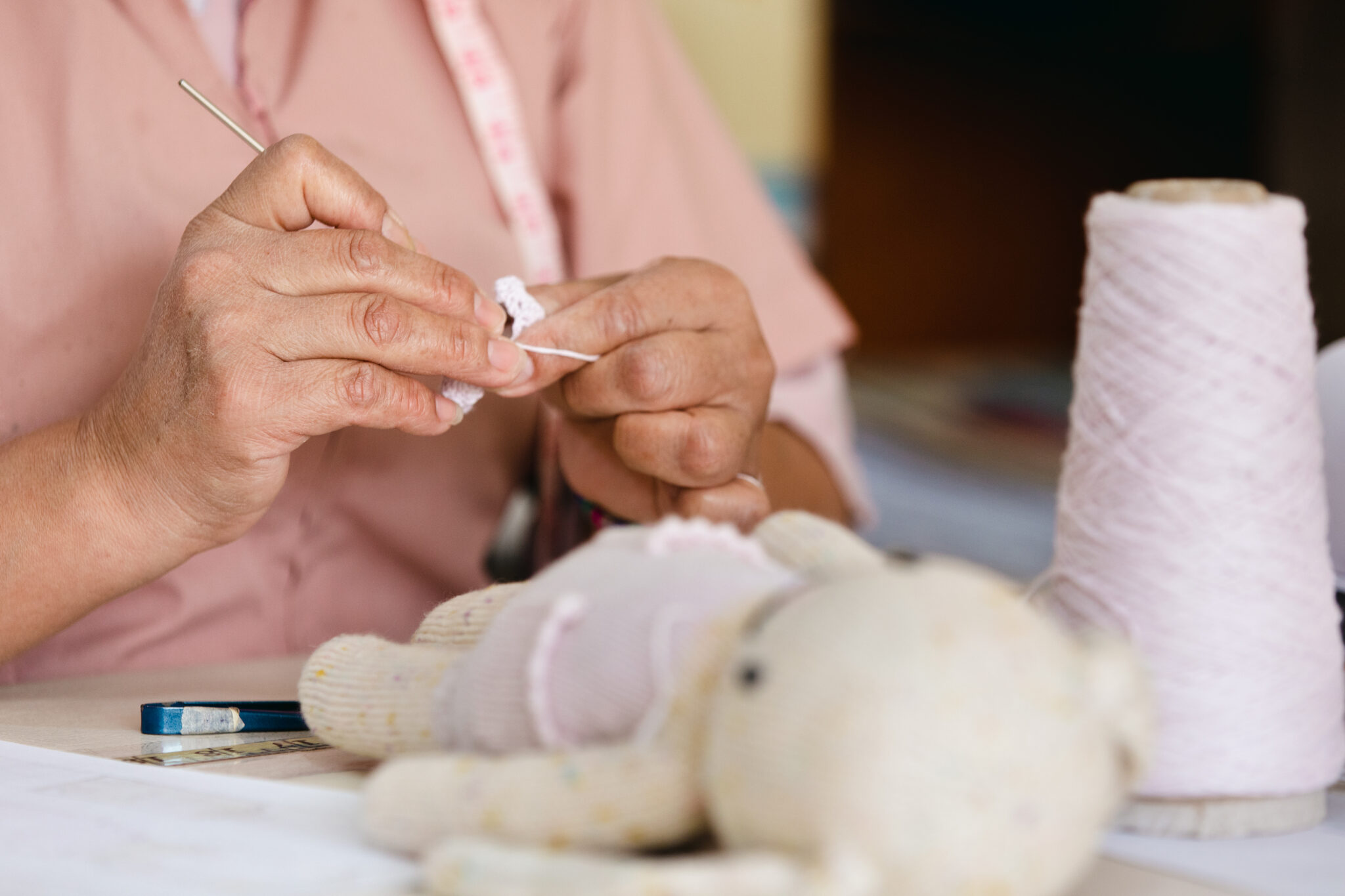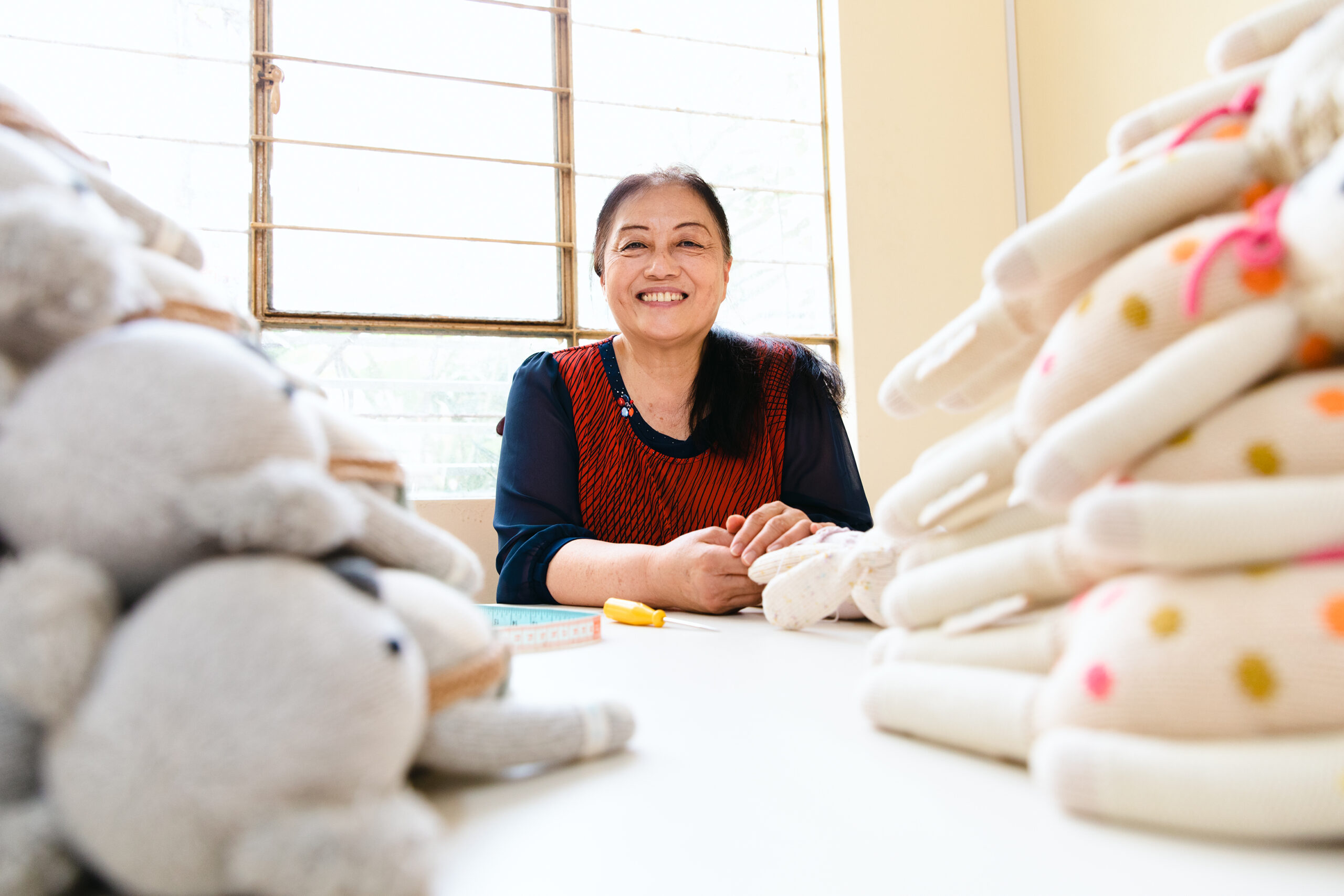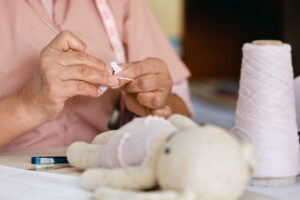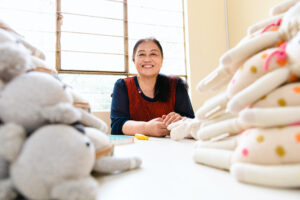Textile crafts have been an integral part of Peru’s history, with the oldest textiles dating back to 2500 BC at the Huaca Prieta archaeological site. These textiles were made from cotton fibers that were manually spun and woven. Today, the Peruvian textile industry is mainly industrialized, but traditional textile techniques such as natural dyeing and backstrap loom weaving are still being preserved and passed down through generations. Traditional textiles are usually produced within homes and in weavers’ associations.
We work with hundreds of knitters who belong to these associations to ensure the survival of traditional Peruvian textile crafts while also providing fair trade jobs that have a significant impact on artisans’ lives. We’ve gathered four sustainable brands that make knitted products for babies and children using Peruvian artisans’ skills and expertise, and we want to share their stories with you.
Cuddle + Kind
Cuddle + Kind is a family-owned brand that makes handwoven cotton dolls using Peruvian artisans’ skills. For every doll sold, this family donates 10 meals to children in need through humanitarian agencies such as WE Charity, World Food Program, and Children’s Hunger Fund in 66 countries worldwide, including Peru. We’ve been working with cuddle + kind since 2014, and our community of artisans knit their dolls by hand, using the talent they’ve acquired from their parents and passed down through generations. Under the principles of fair trade, our artisans receive a fair salary and a flexible schedule that allows them to take care of their families.

Finn + Emma
Finn + Emma is a brand that prioritizes both style and sustainability. They use 100% organic cotton for their garments and ecological dyes while also caring about fair trade. Their toys are made by Peruvian artisan women who work to support their families, promoting their social and economic independence.
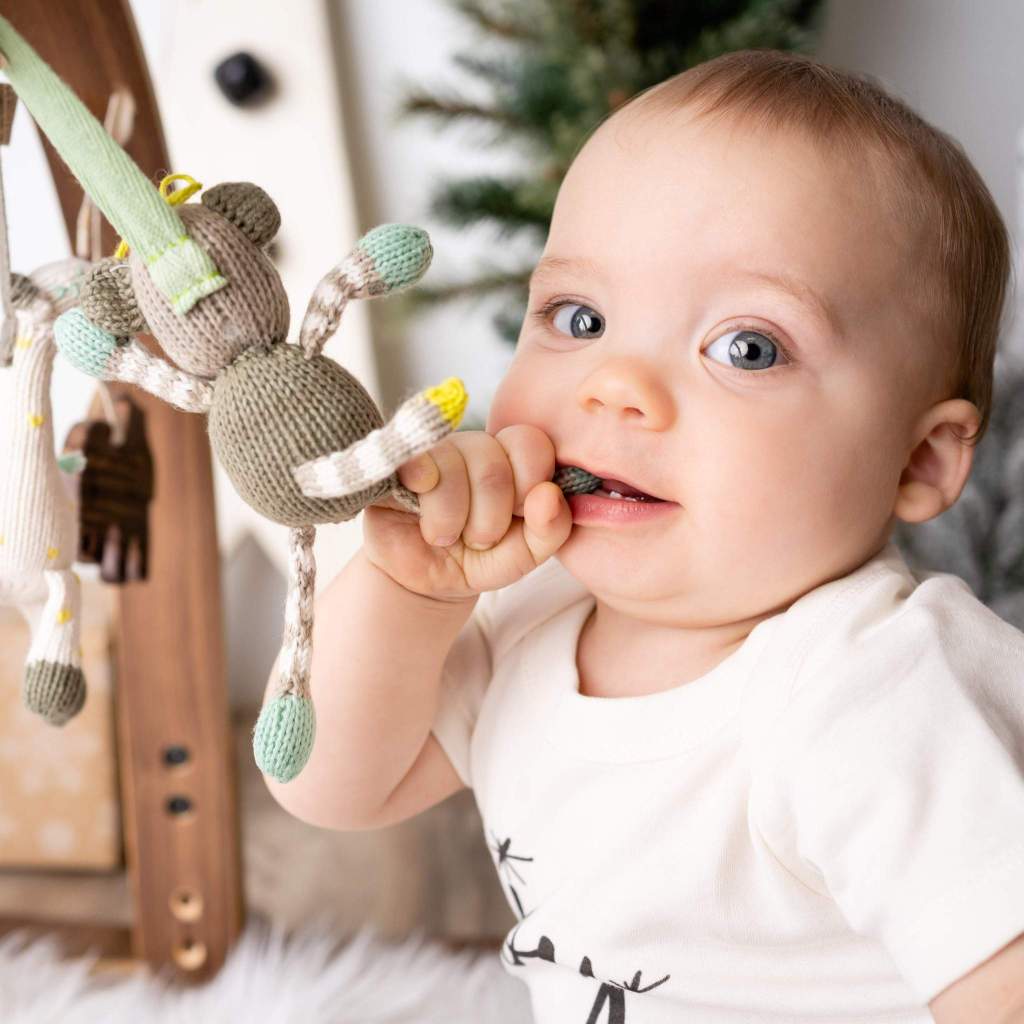
Blabla
This is a brand that plants trees around the world for every doll sold, thanks to their association with One Tree Planted. Their dolls are made from cotton and handmade by artisans. They’ve been working with their weavers under fair trade principles for 15 years. Good friends Susan and Florence created Blabla after traveling to Peru and meeting the Peruvian weaving communities who kept the tradition of hand-weaving alive. They founded the brand in 2001, together with Joseph, Florence’s husband, and Peruvian artisans.
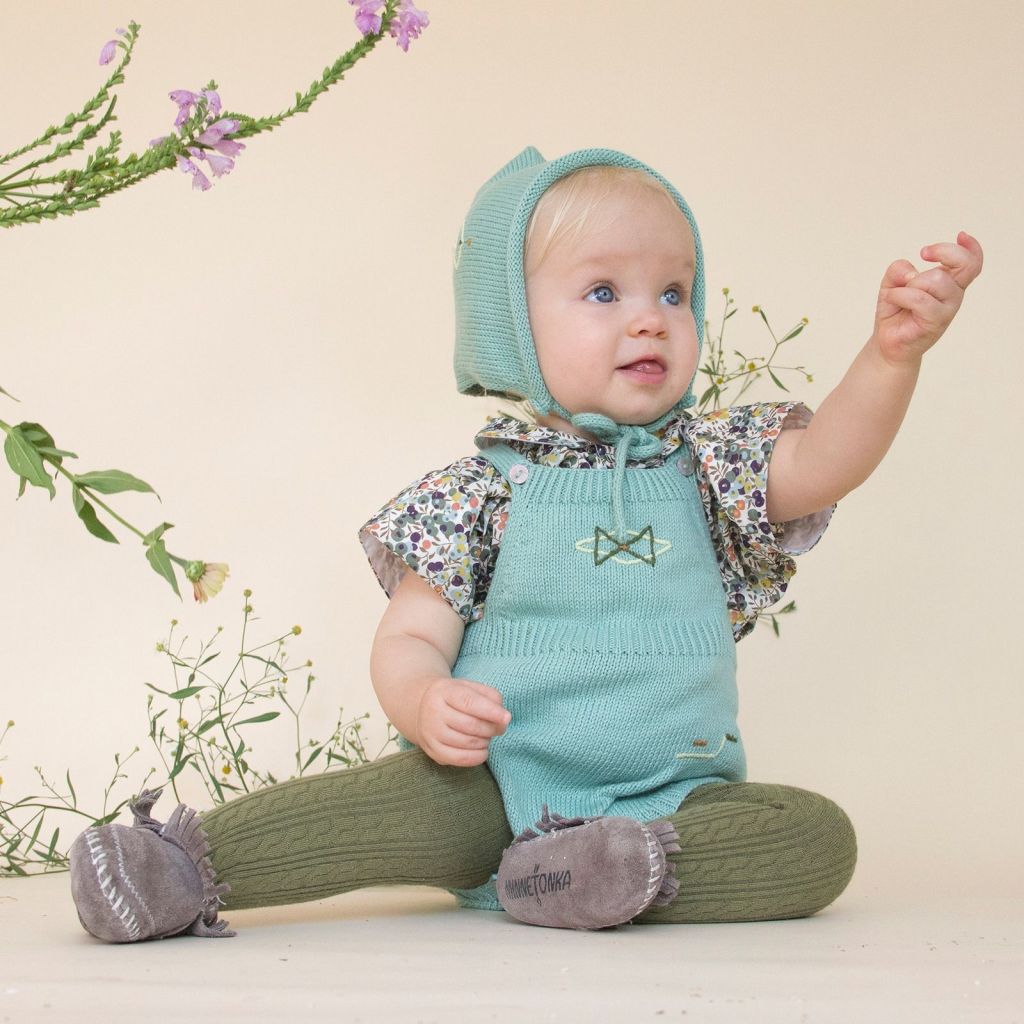
Oeuf
This is a brand that focuses on sustainable creation, using natural materials such as wool, alpaca, and cotton. Their cotton is 100% Global Organic Textile Standard (GOTS) Pima, and the baby alpaca and sheep wool come from Peru. Their hand-woven products are made by Peruvian artisans in a family workshop under fair trade principles. The brand’s name means “egg” in French, the first language of Sophie, the co-founder of the brand, who created Oeuf with her husband Michael out of the need to have a crib that had good design, was well-made, and produced ethically.
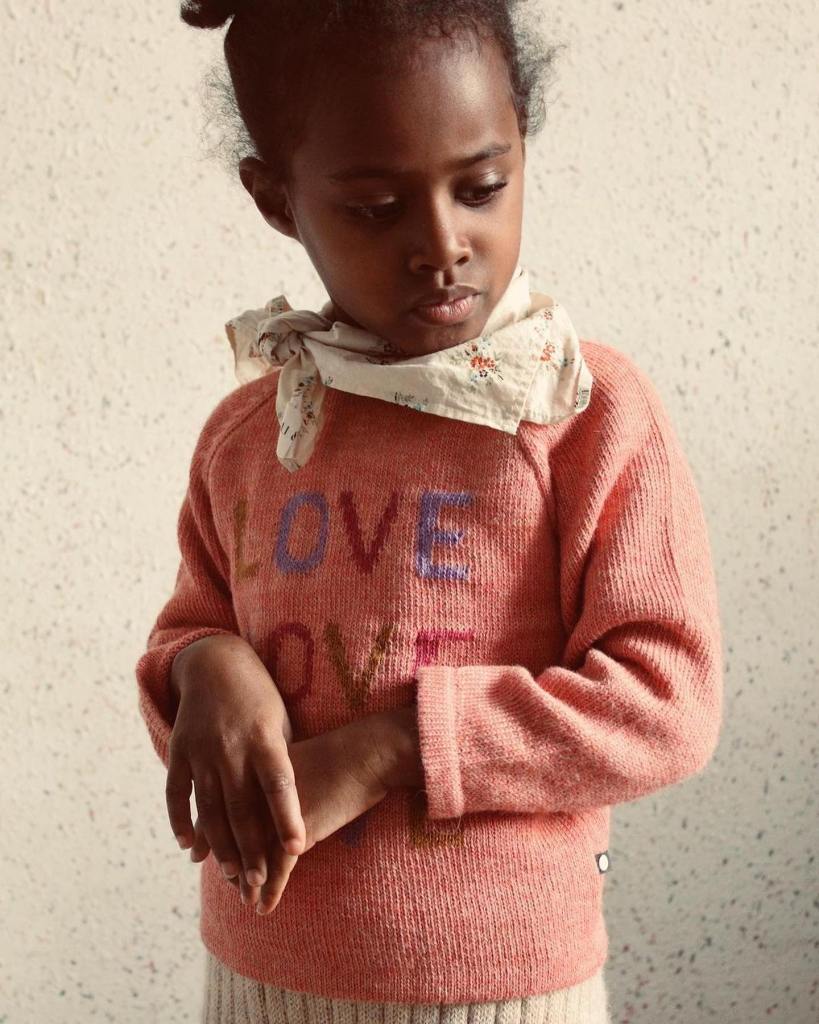
You can visit these sustainable brands by clicking on the name

